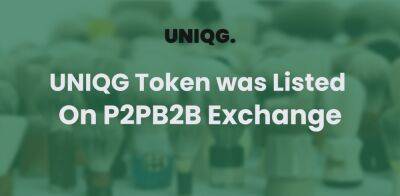Hungary to make $600m annual profit through Russian oil tax – research agency
Hungary is set to make $600m (€575m) yearly profit through a tax on Russian oil “at the expense of everyone else in the EU”, a research agency has suggested.
The Hungarian government, which gained an opt-out from an EU embargo on Russian oil, recently introduced a windfall tax of 25% on the difference between Russian crude prices and world prices. A note by the research service Eurointelligence estimated this could net Budapest roughly $600m (£495m) “hidden profit” a year, observing it was “not a bad money spinner for an economy that size”.
Hungary was one of three landlocked countries, including Slovakia and the Czech Republic, to be granted an indefinite exemption from the EU ban on Russian oil imports. After a month of wrangling over its latest Russia sanctions, EU leaders agreed an oil embargo that will cover 90% of Russian imports by the end of the year. They promised to reach a deal to complete the embargo “as soon as possible” without setting any dates.
The Eurointelligence analysis suggests Hungary’s prime minister Viktor Orbán has little incentive to join the EU ban on Russian oil imports. “For Orbán, keeping pipeline imports but embargoing everything else is the best of both worlds,” the agency wrote. “His government can benefit from both higher oil prices and continued shipments of Russian crude by pocketing some of the proceeds, at the expense of everyone else in the EU. What reason could he have to back down on this?”
Jack Smith, a Eurointelligence analyst, said based on an “admittedly high-end assumption” about the global benchmark price of Brent crude, Hungary could make a potential $600m a year, which would go “some of the way” to covering its growing budget deficit.
Hungary introduced windfall taxes on energy
Read more on theguardian.com
















![Enjin [ENJ] holders might see another ATH after 27…. - ambcrypto.com - city Santiment](https://finance-news.co/storage/thumbs_400/img/2022/7/11/33000_udx.jpg)





